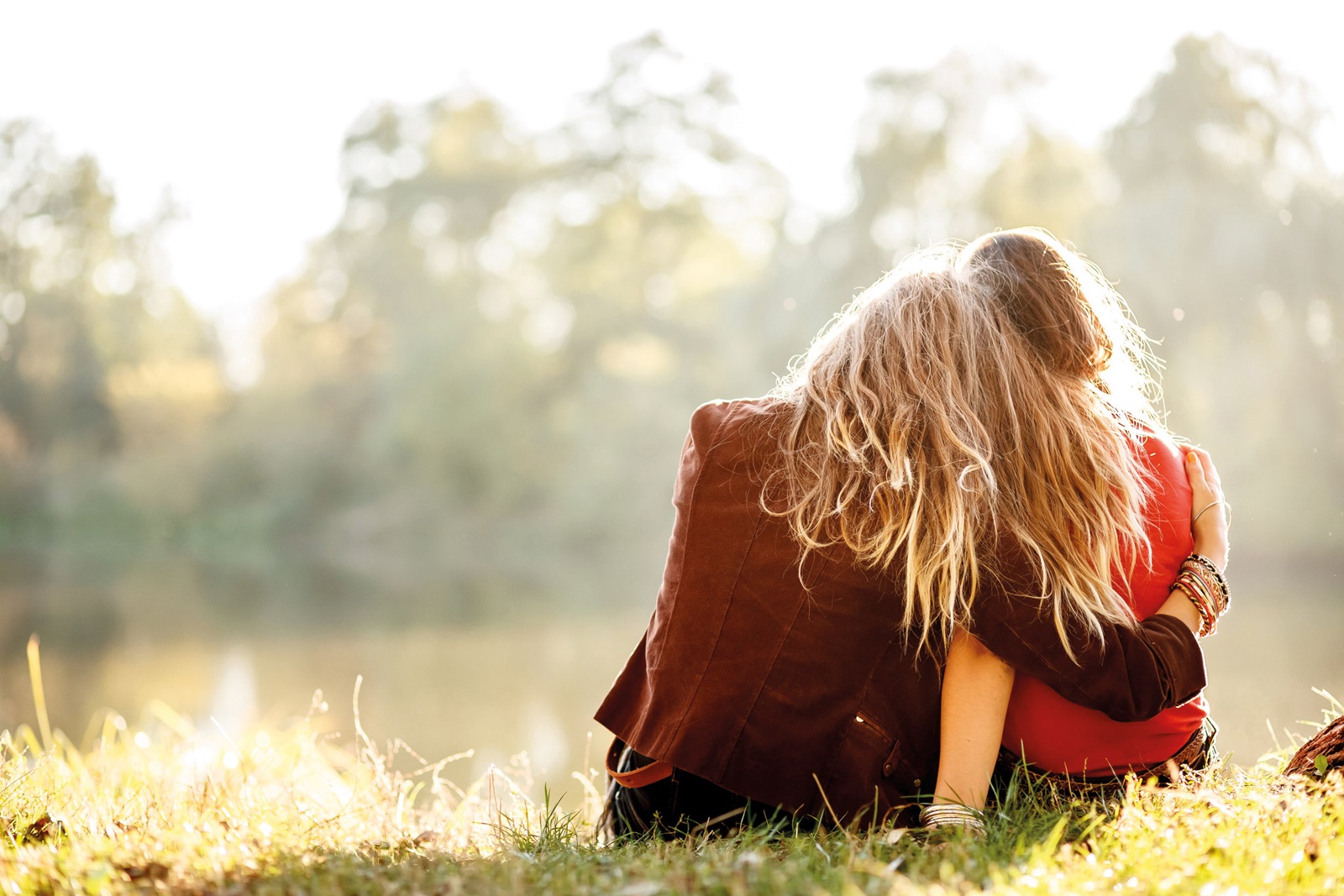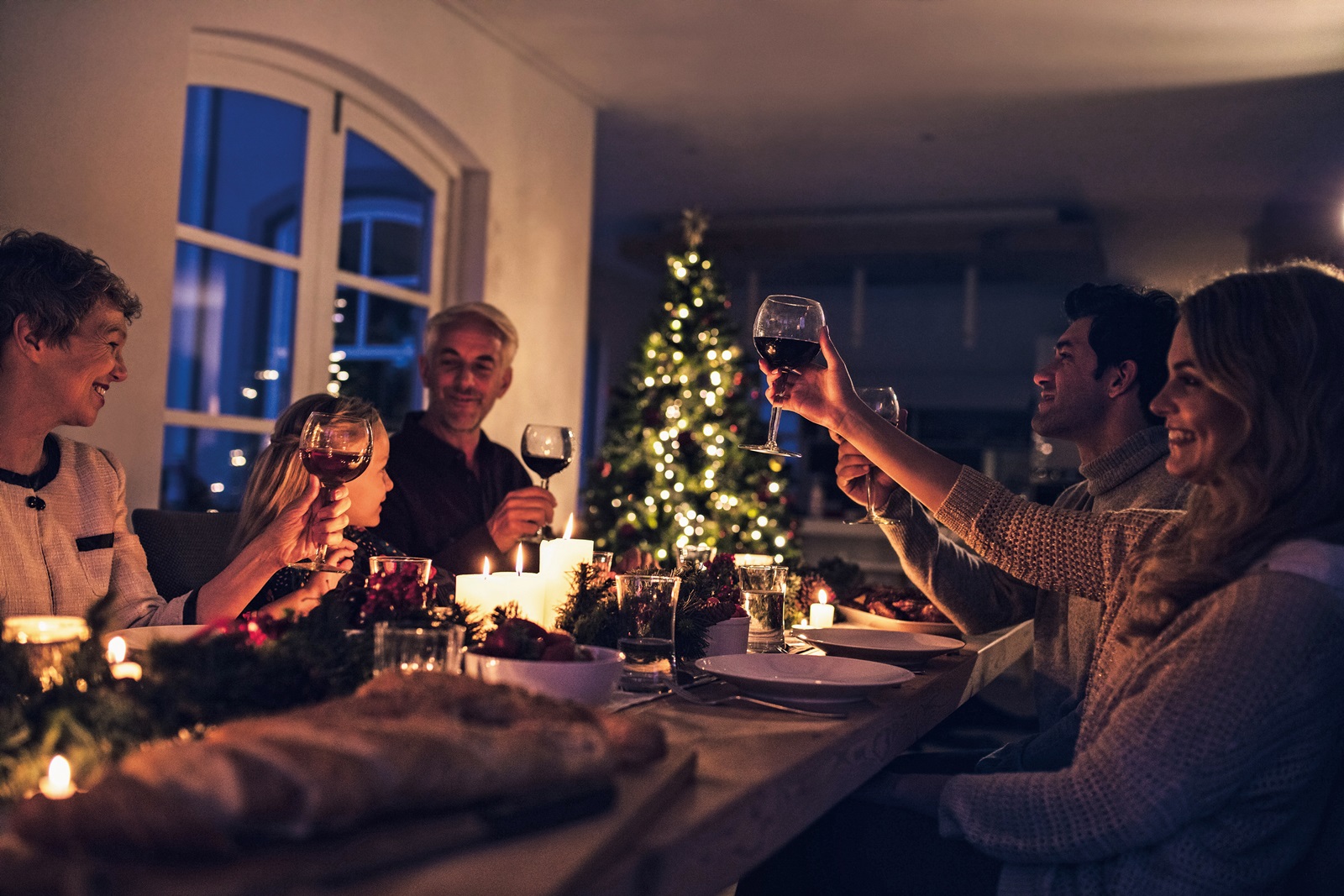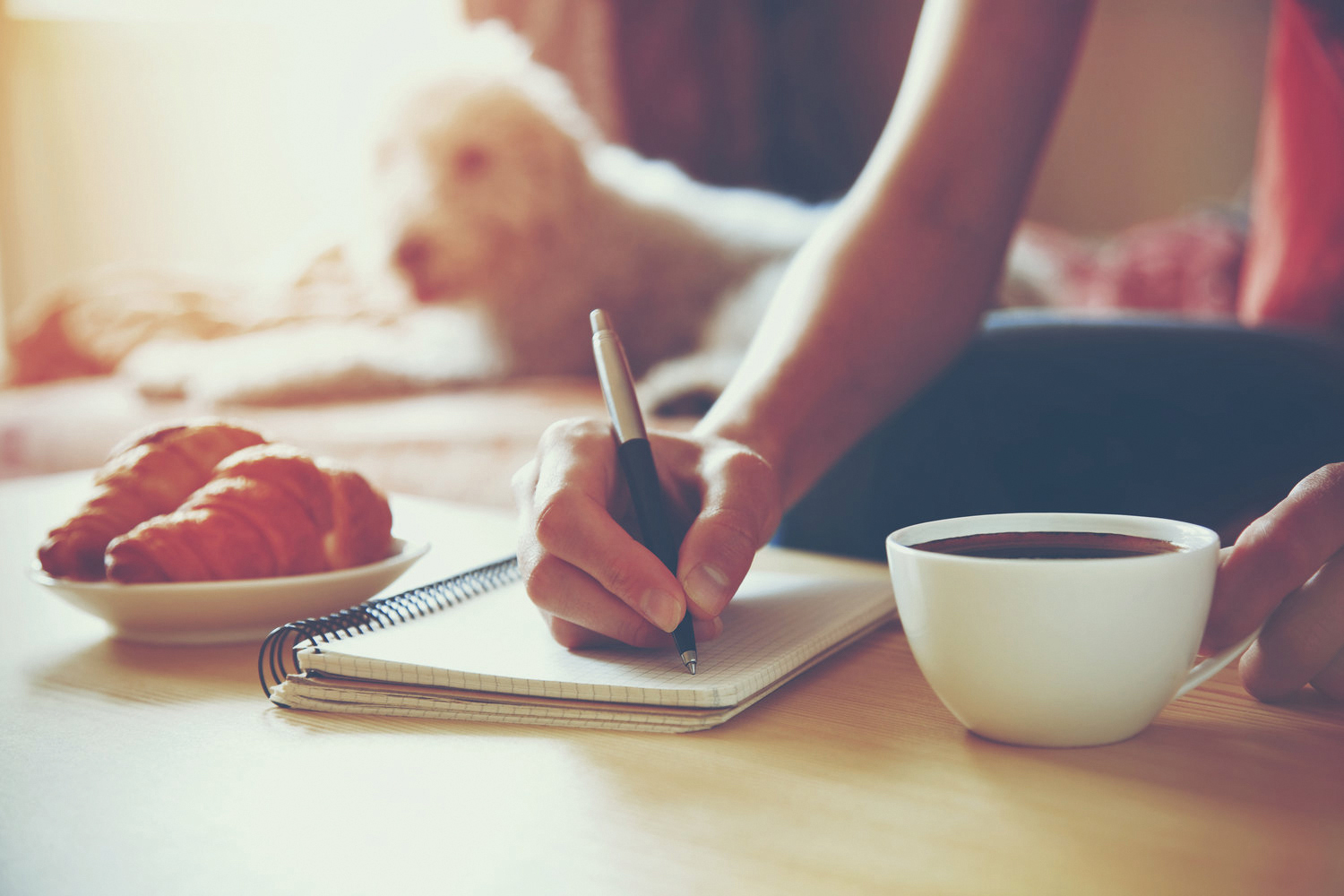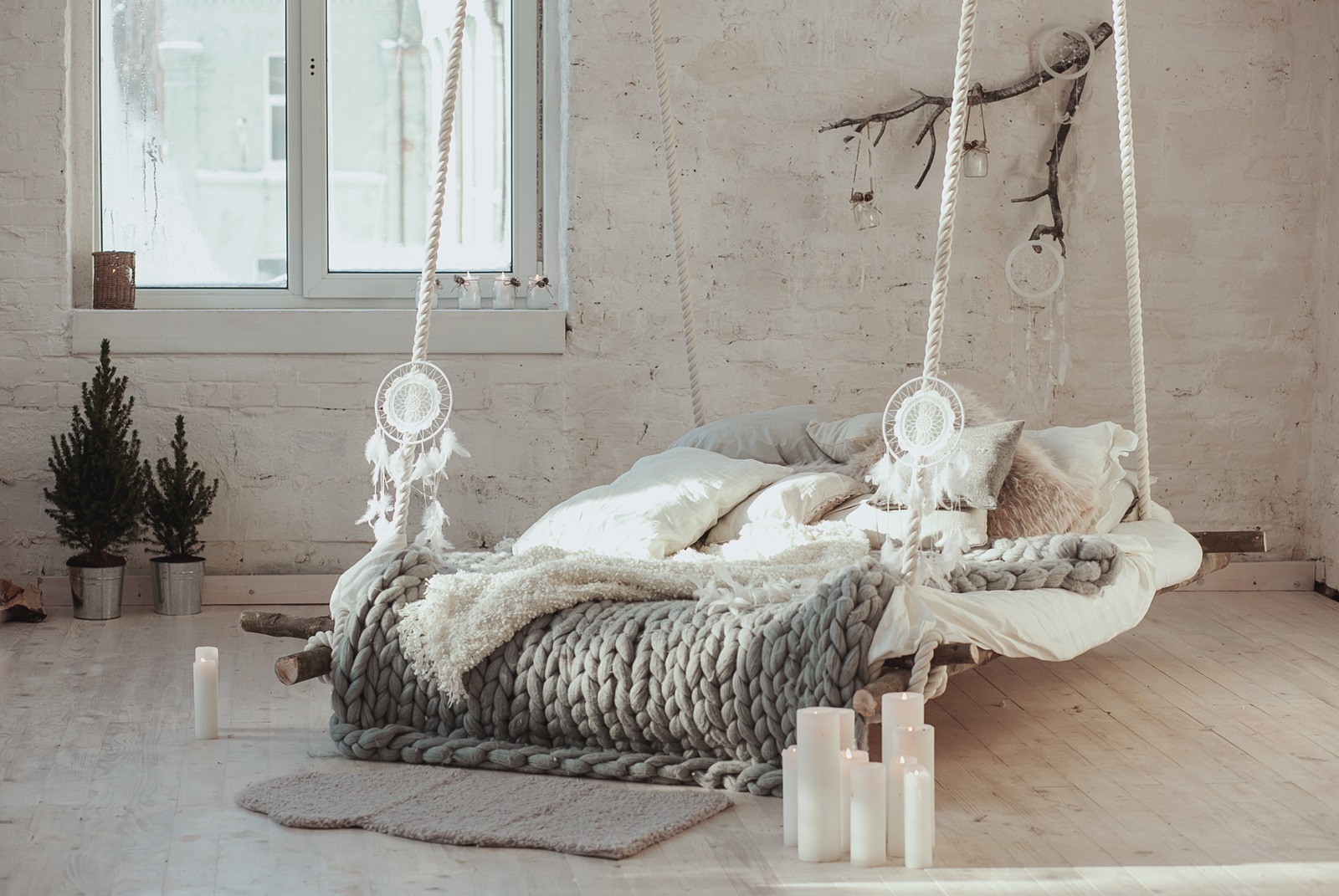Hygge, the philosophy of happiness
Enjoying the little things that make us feel good.
Hygge is having a cup of hot tea sitting on the settee in front of the fire on a cold winter’s night. Or spending an afternoon stroking the dog as you read a book. It is also a delicious home-cooked meal followed by after-dinner talk in the company of good friends or relatives. Or the ceremony of taking a bath unhurriedly, in candlelight, listening to music and letting time pass. Or putting your feet in the sea. Or having an aperitif outdoors. Or breakfast in bed.
Hygge is all that and much more. It is any small thing that makes us feel at home and connects us with ourselves. Sometimes translated as ‘cosiness’, hygge is a Danish expression that evokes the little everyday things that make us happy. And that is no trivial matter, bearing in mind that Denmark is the country with the happiest inhabitants in the world, according to the list drawn up every year by the UN in its World Happiness Report.
The philosophy of hygge stresses simple plans, comfort, quality products, healthy food, good company, contact with nature, tranquillity and silence. Many consider it to be a general attitude towards life which favours wellbeing and helps us be in contact with ourselves and our surroundings.
That is how Meik Wiking, director of the Happiness Research Institute in Copenhagen, describes it in his bestseller The Little Book of Hygge: The Danish Way to Live Well, a book that has made this Danish word fashionable all over the world.
Coming as it does from Denmark, which has a very cold climate and abundant wood, and where people spend a lot of time at home, hygge has been related to winter and domestic plans, but this philosophy adapts to any climate, circumstance or personal preference. Going for a bike ride, having an ice cream, enjoying the sea breeze or dinner on the terrace on a summer night can also be hygge. At the end of the day, it is simply about finding out which little things make us happy and being capable of stopping to enjoy them without rushing, without anxiety, without remorse and, if possible, in the company of loved ones. That is hygge, and it can mean something different for each individual person.




